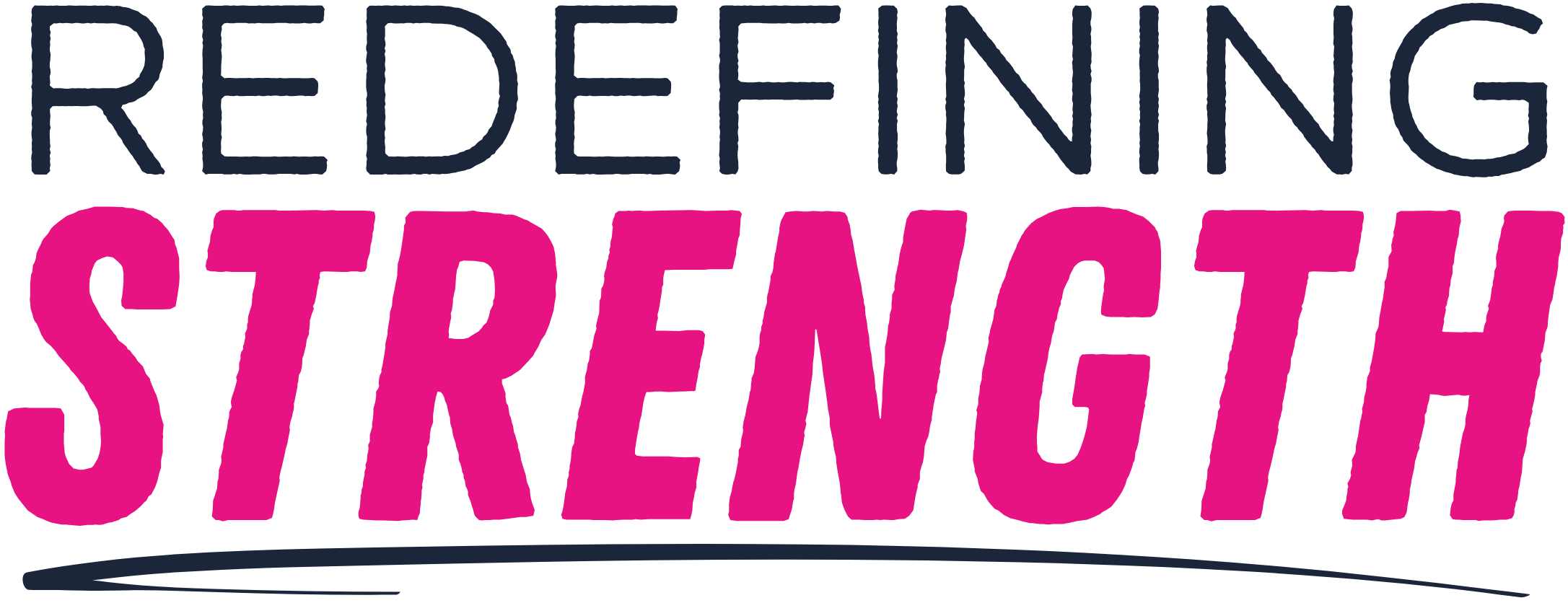
by Cori Lefkowith | Jul 13, 2025 | Blog, Diet
Want to look leaner and always feel fabulous for that big event or vacation? Well I’m going to share how you can actually accomplish this and stay leaner all year around. And it’s not a cleanse or detox. It’s not a magic pill… The secret is MINI CUTS. In this video...

by Cori Lefkowith | Jul 10, 2025 | podcast
Listen: Change Requires CHANGE If you’re feeling stuck and know deep down that you could be doing better, don’t wait any longer. Your life is not going to change until you take action and make a bold move towards your goals. If you’re ready to take control of your...

by Cori Lefkowith | Jul 3, 2025 | podcast
Listen: Change Requires CHANGE If you’re feeling stuck and know deep down that you could be doing better, don’t wait any longer. Your life is not going to change until you take action and make a bold move towards your goals. If you’re ready to take control of your...

by Cori Lefkowith | Jun 29, 2025 | Blog, Exercises, Workouts
To look your leanest, you want to lose fat while not losing muscle. Heck if you can even gain a bit of muscle in the fat loss process, even better. And while this is hard to do, and diet is 100% key, too often the way we design our workouts actually sabotages our fat...

by Cori Lefkowith | Jun 26, 2025 | podcast
Listen: Change Requires CHANGE If you’re feeling stuck and know deep down that you could be doing better, don’t wait any longer. Your life is not going to change until you take action and make a bold move towards your goals. If you’re ready to take control of your...







